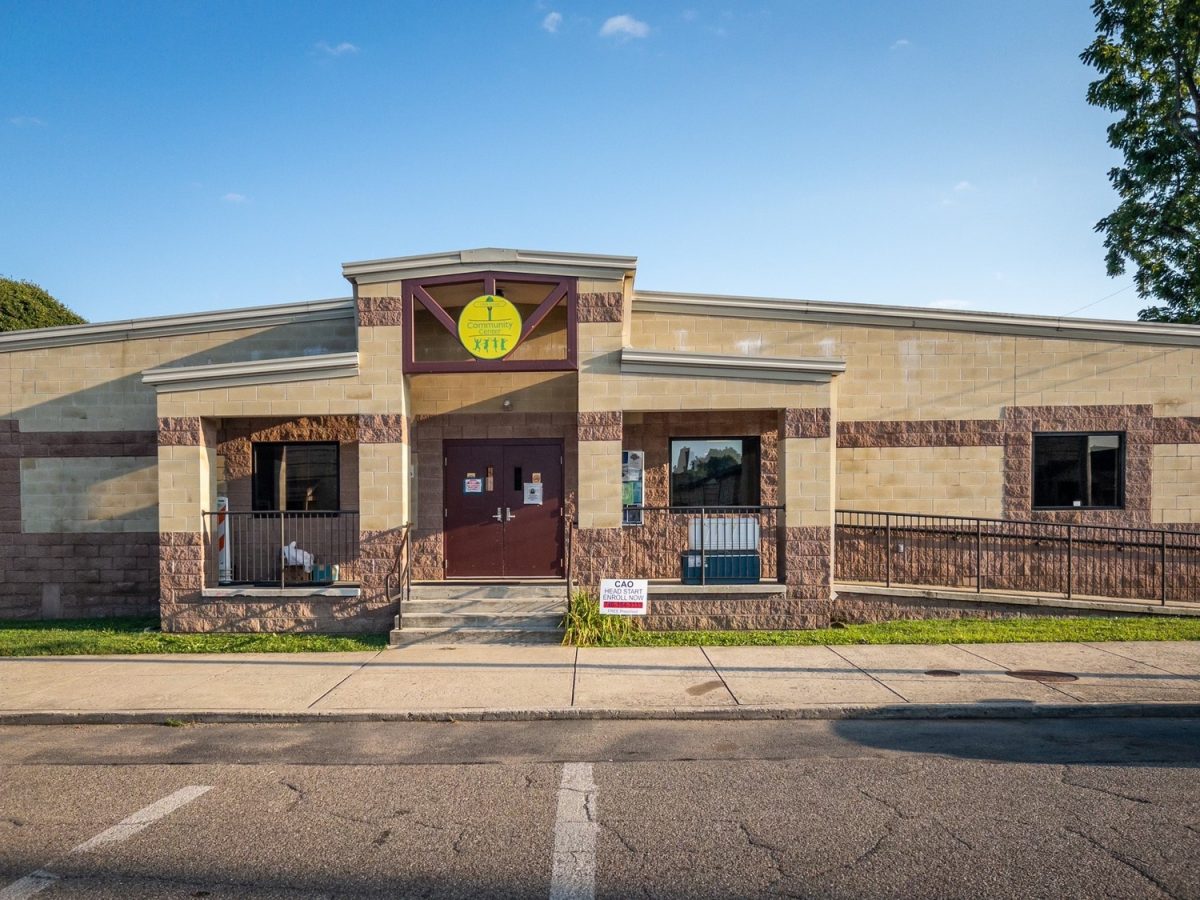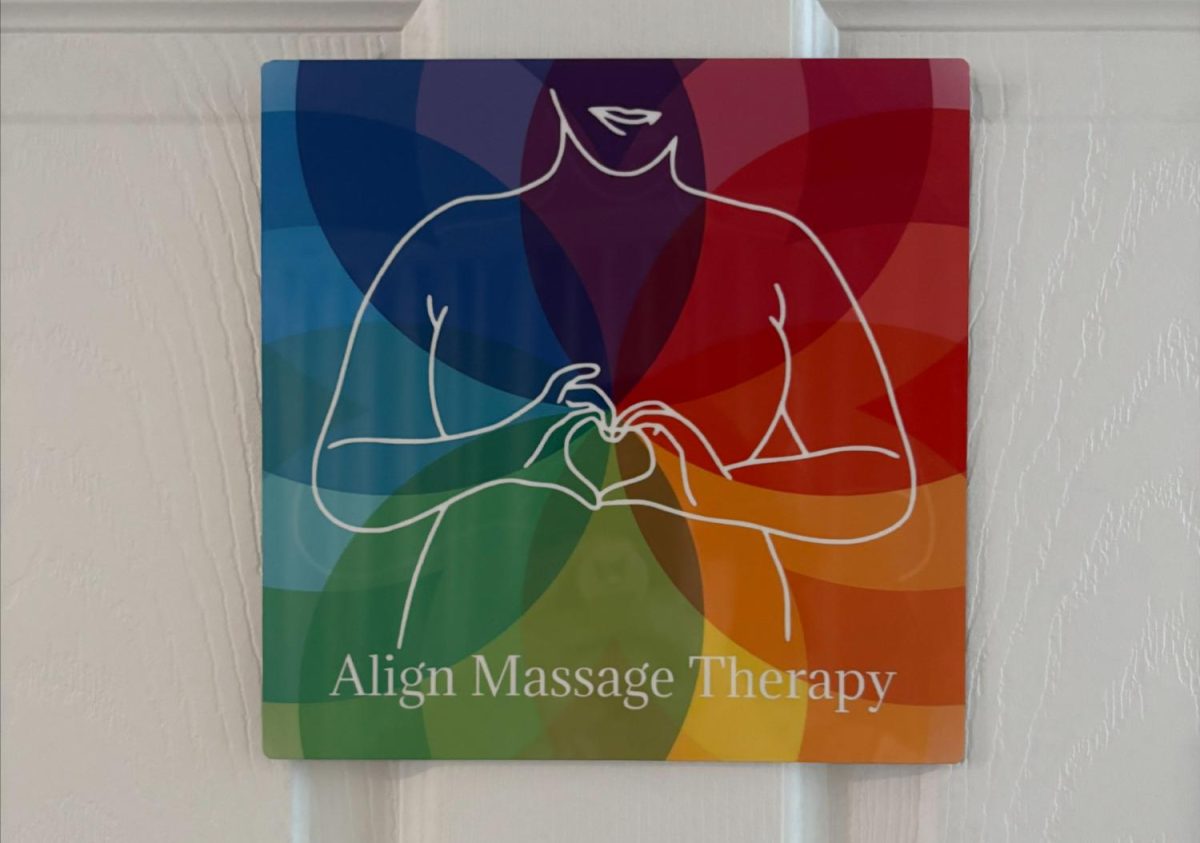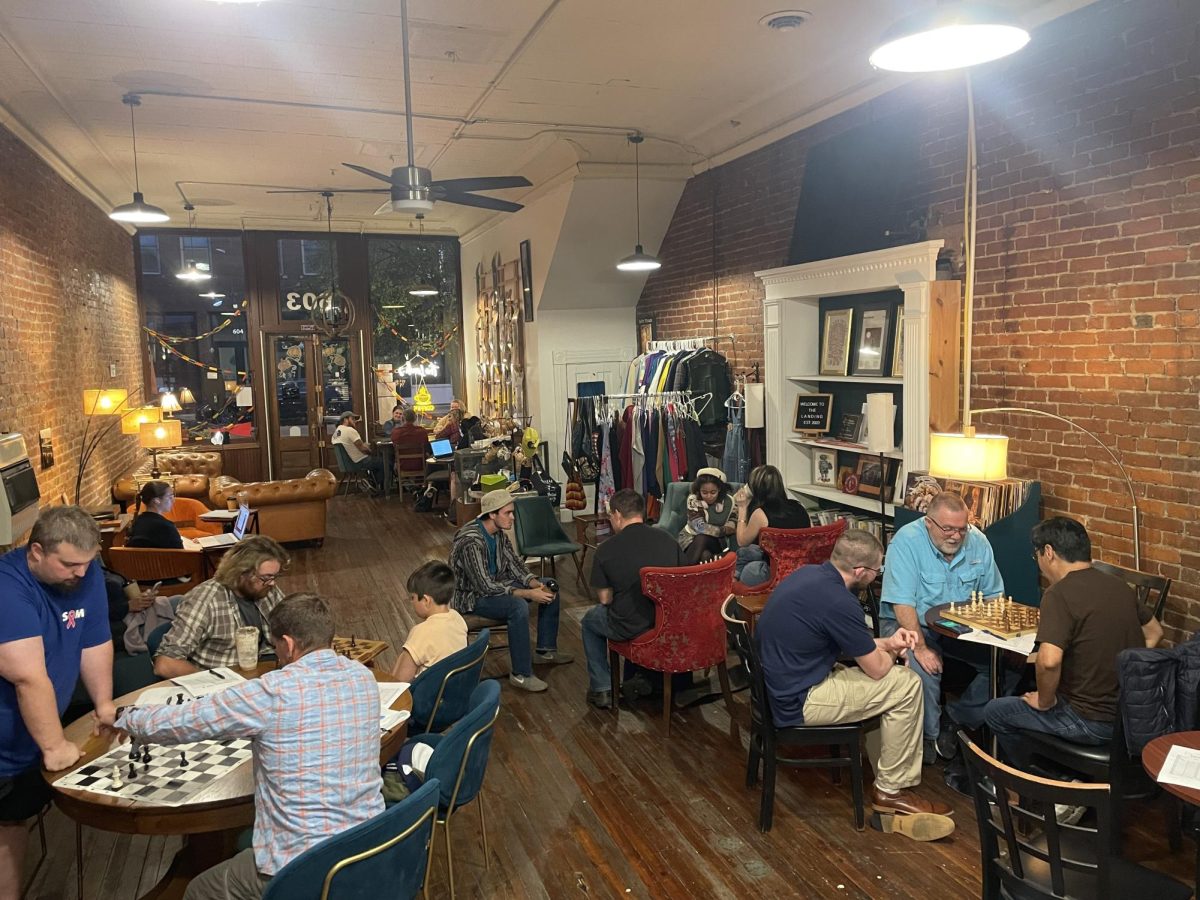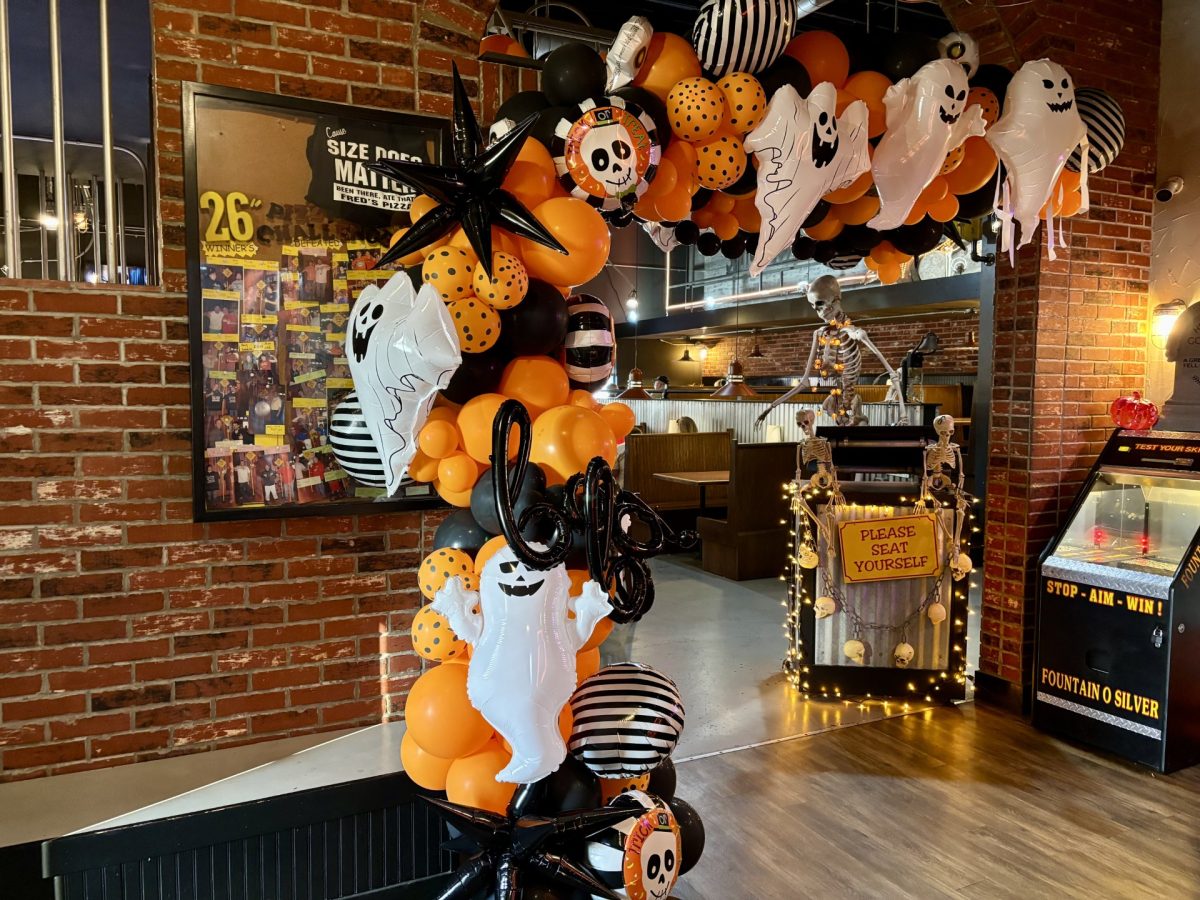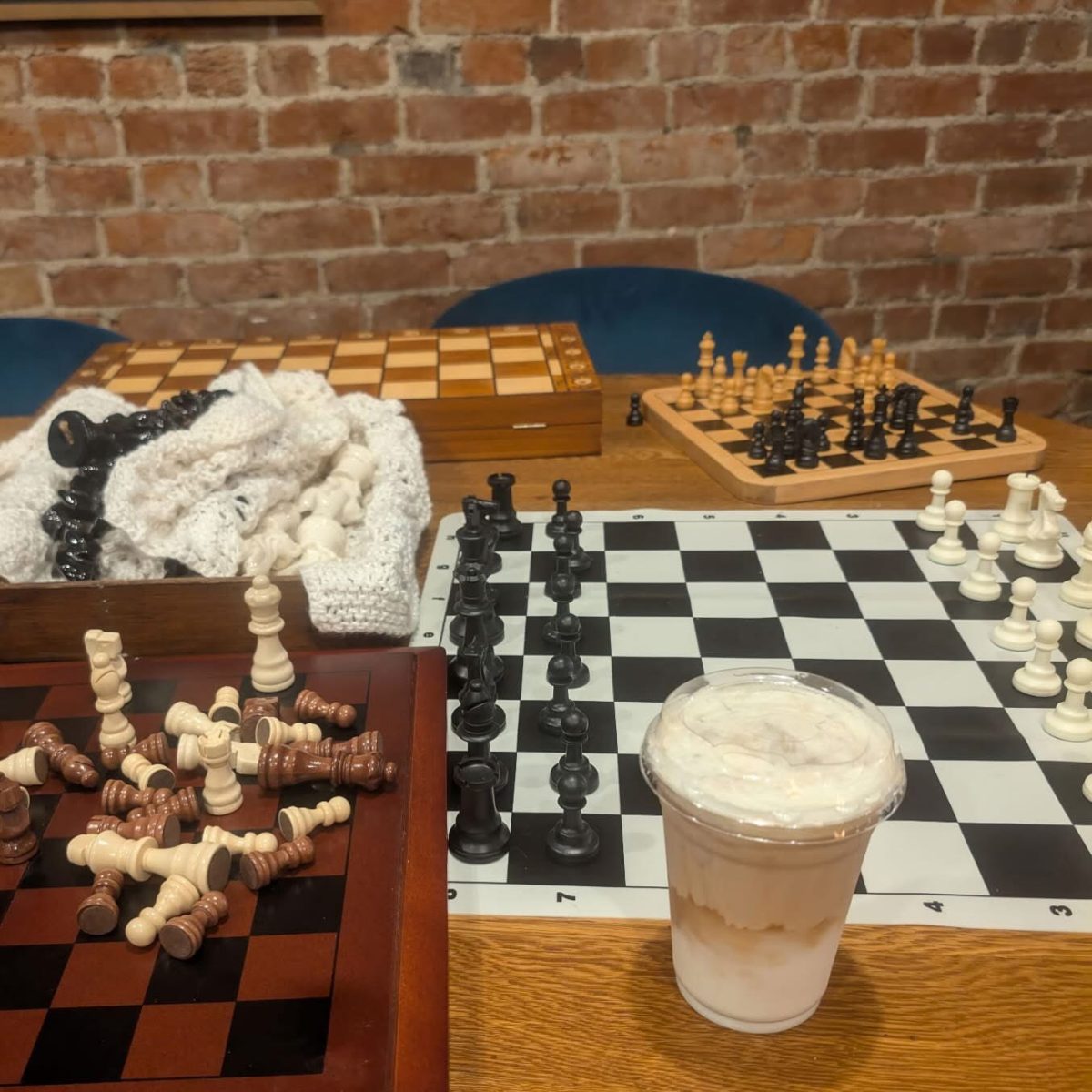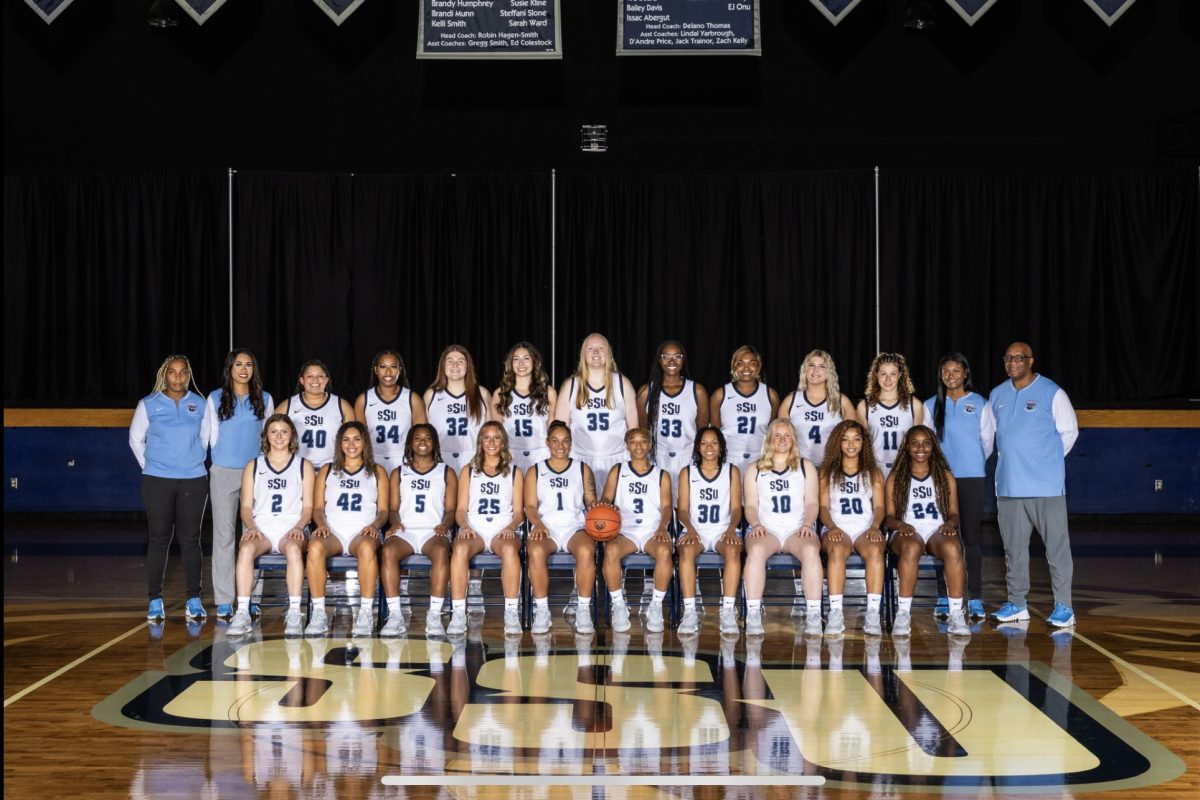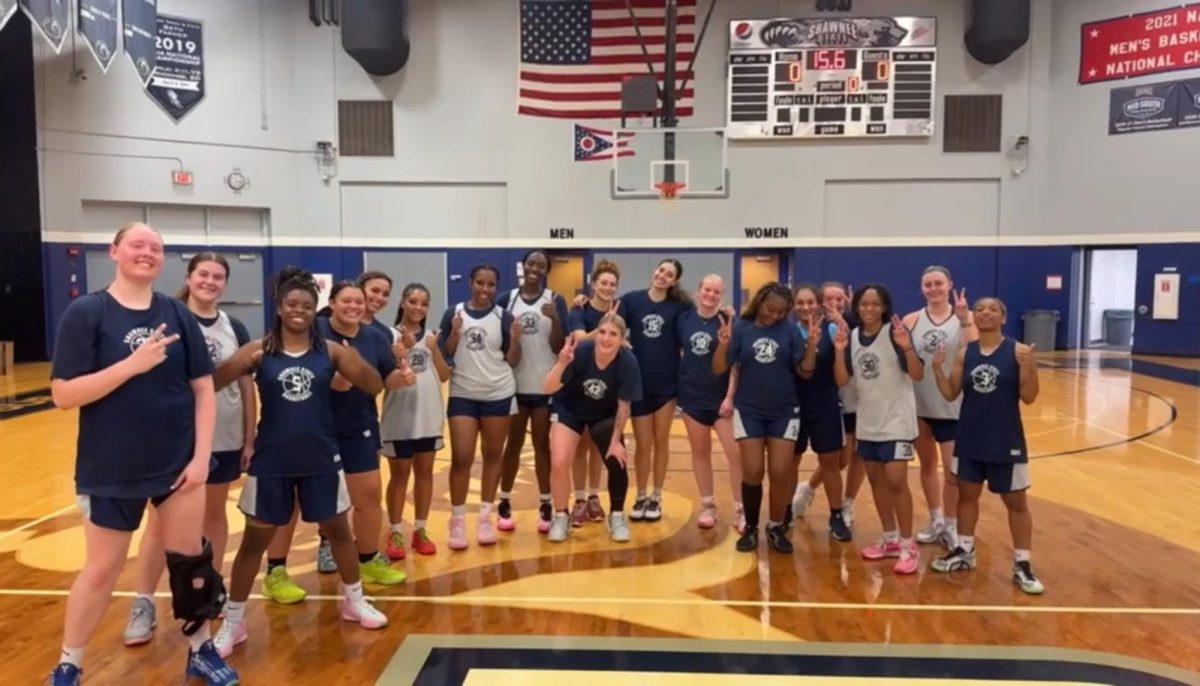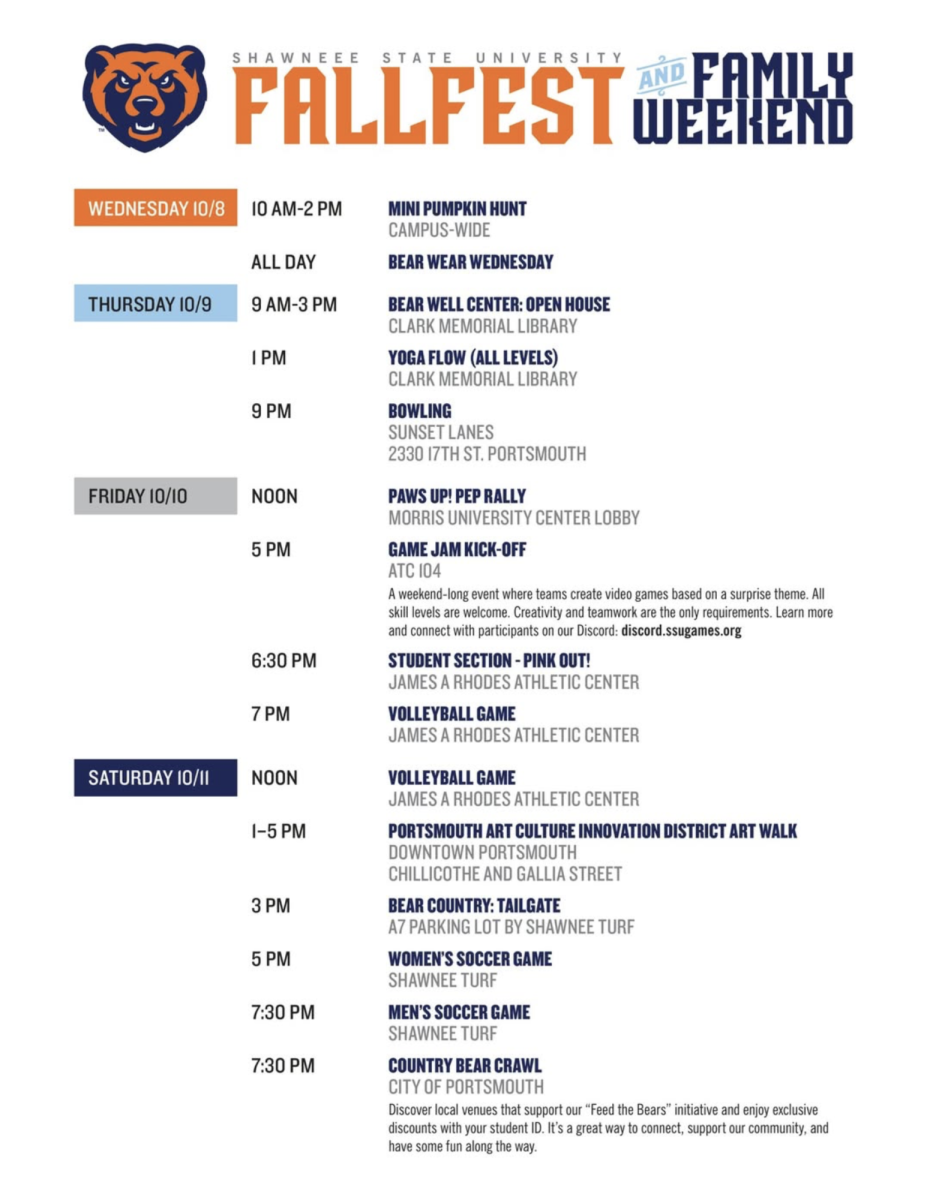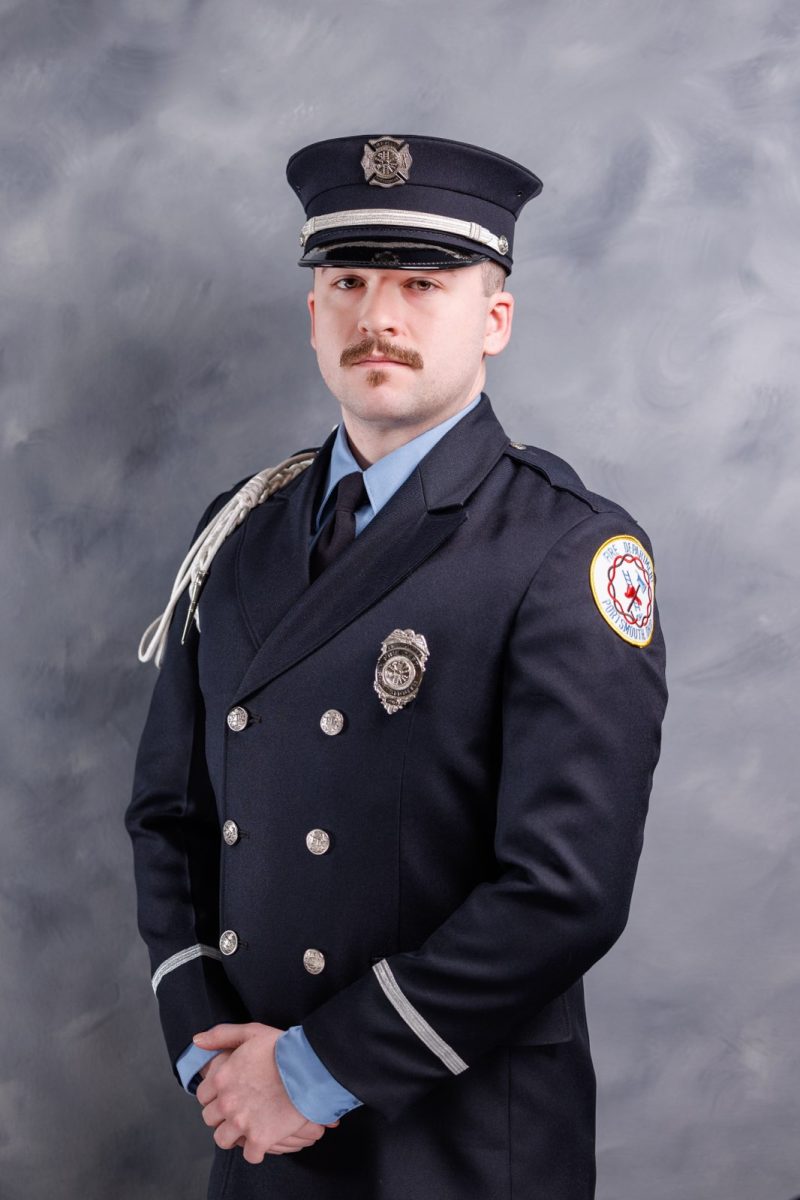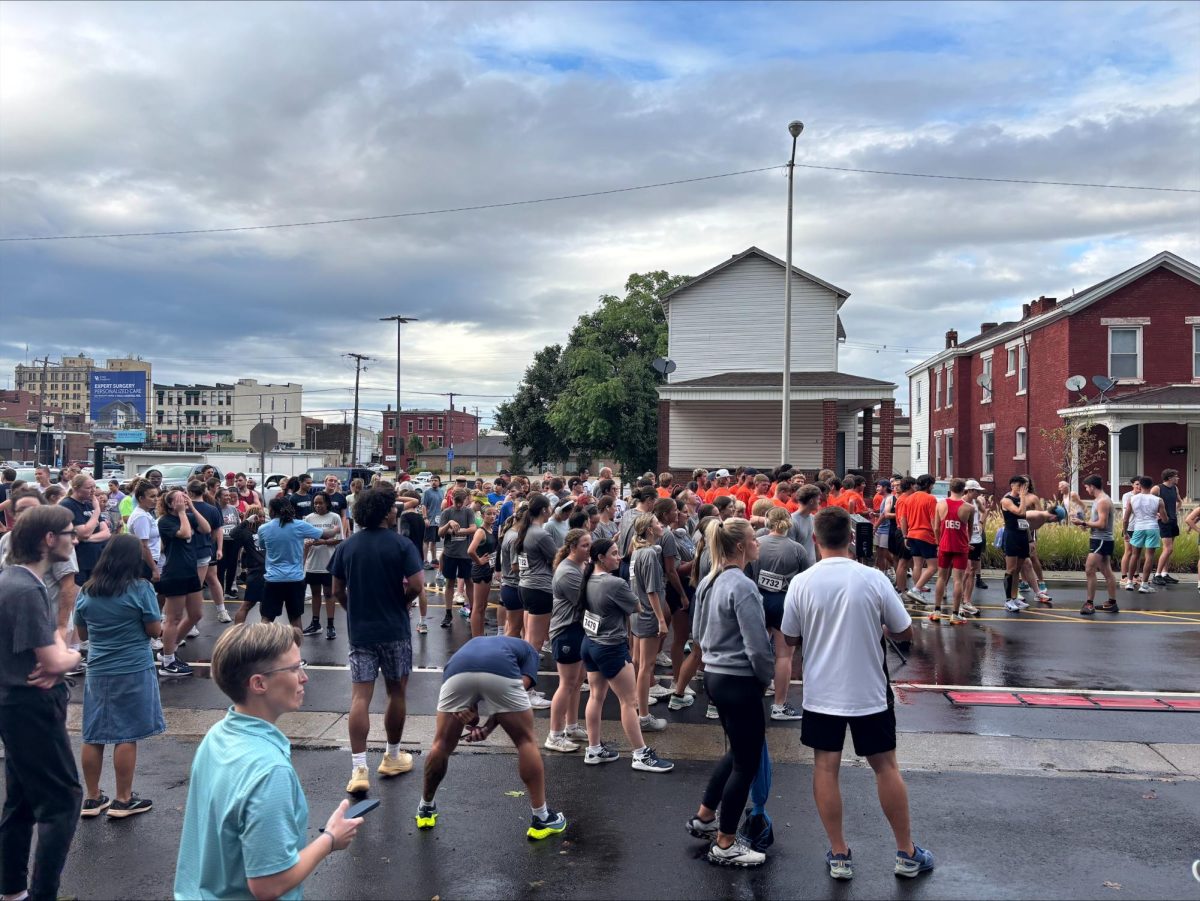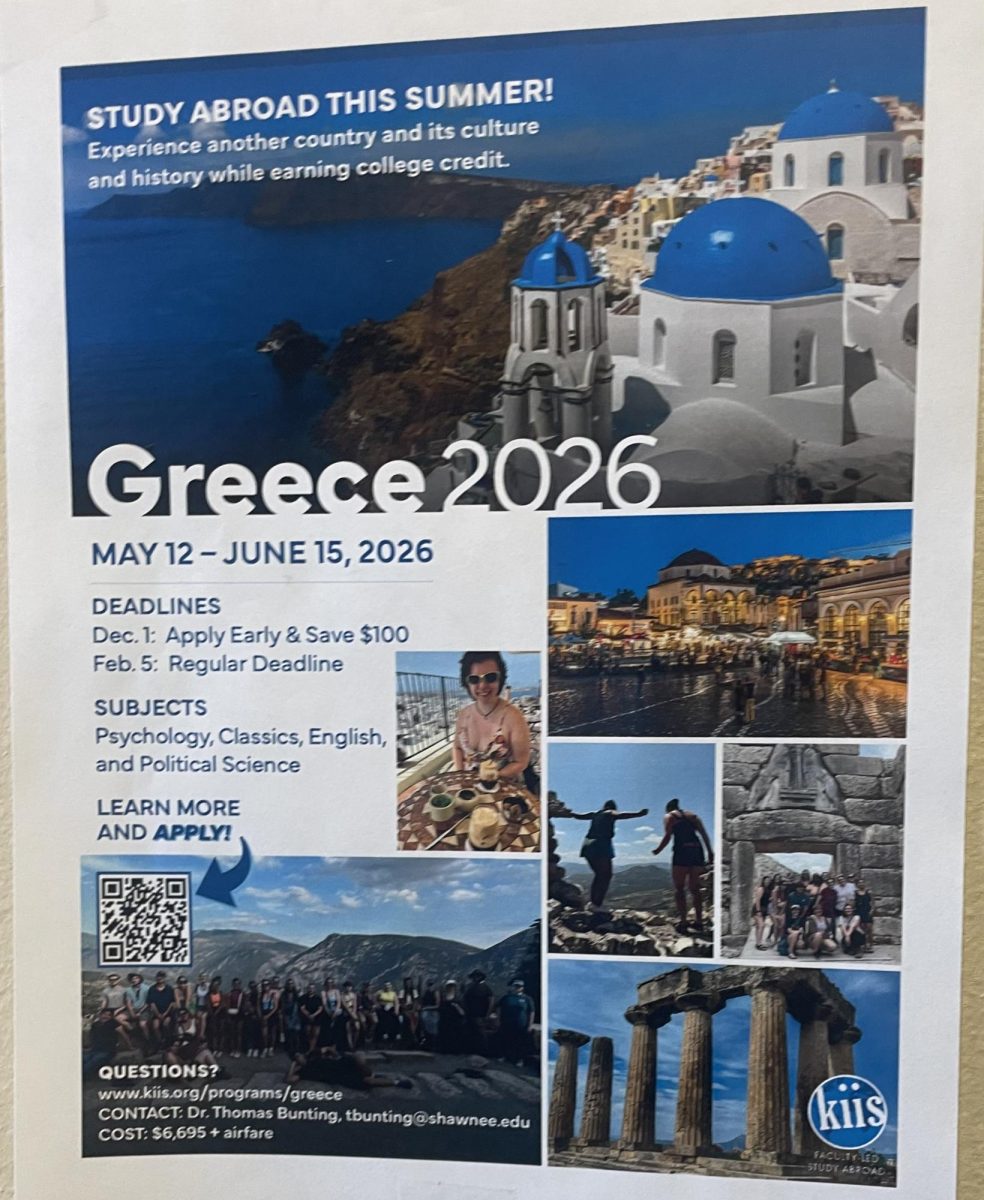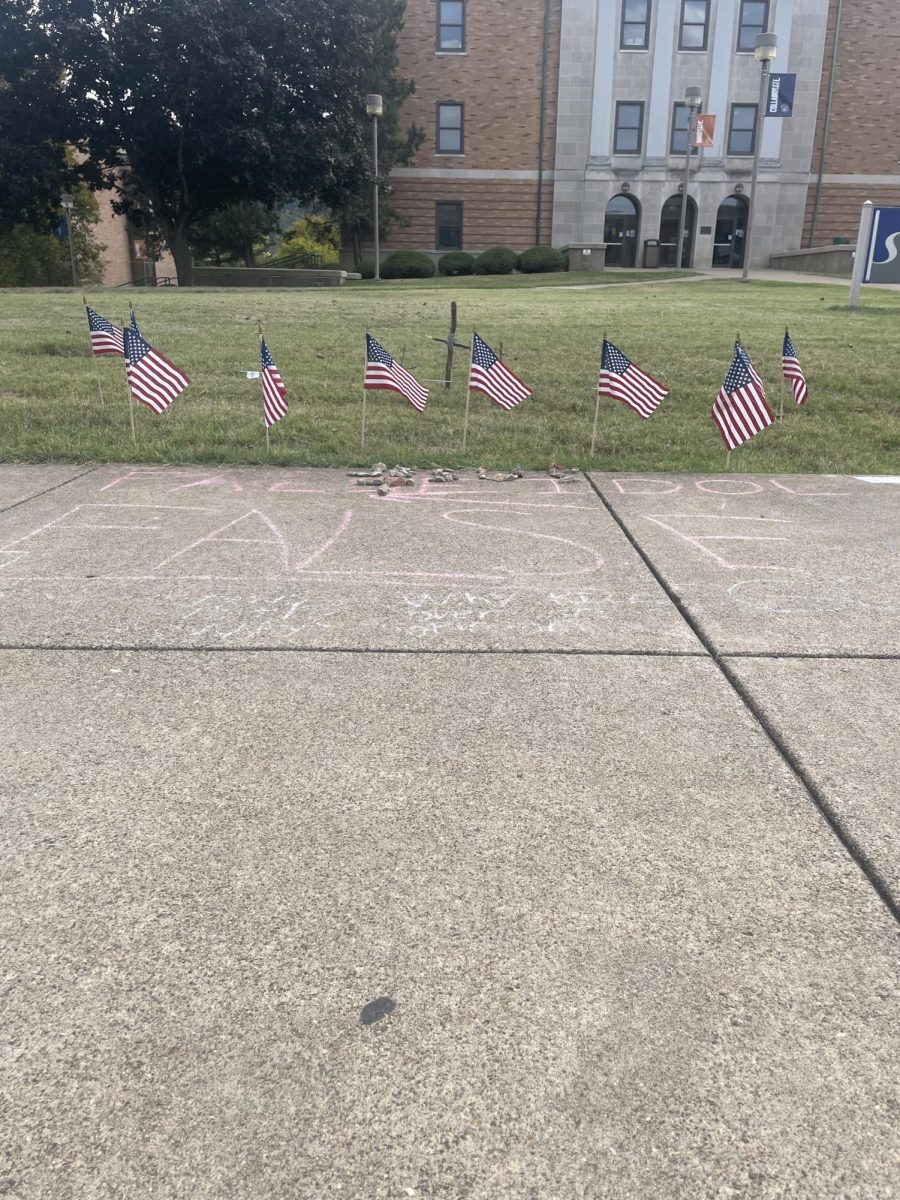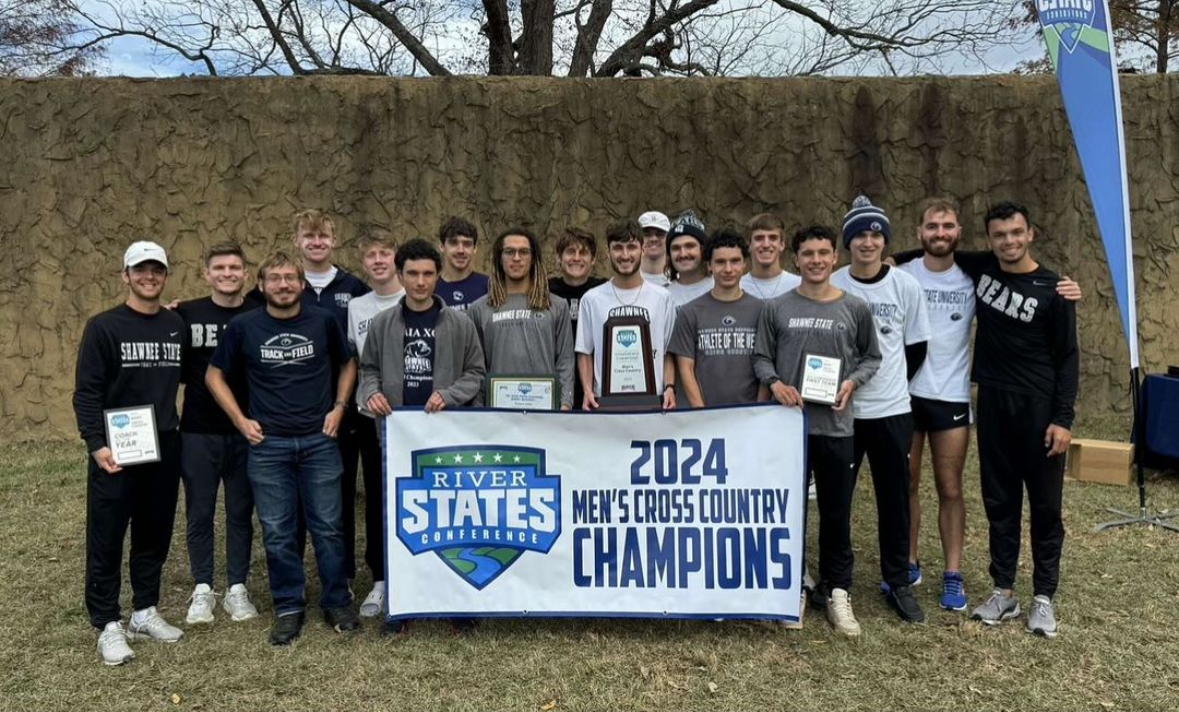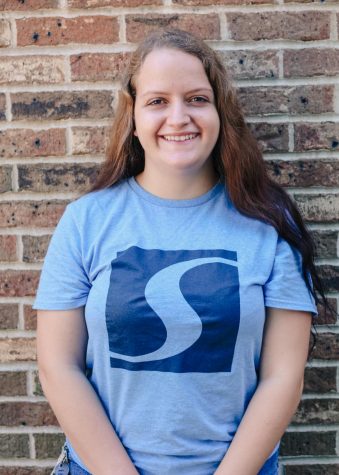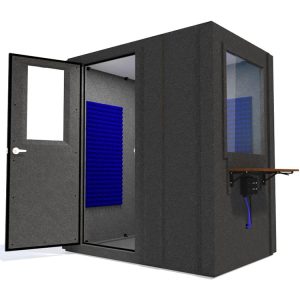
With a little help from a Shawnee State University student, 14th Street Community Center recently won a grant from the Scioto Foundation to fund the construction of the Kathleen Battle Recording Studio at the center. The studio’s namesake is a well-known opera singer from Portsmouth who the team at 14th Street Community Center wanted to honor.
Many outreach programs are run out of the community center, and there are plans to use the recording studio to develop podcasts within the year and to foster collaborations with community members and students at Shawnee State University, allowing the studio to serve as an educational tool and creative outlet.
Julie Buckler, the 14th Street operations director, and Marc Scott, the 14th Street board treasurer, worked together to write the grant proposal. Scott, also a professor in the English and humanities department at SSU, noted that a student’s research helped with the process. Scott teaches grant writing and rhetoric, a class in which students write grant proposals for various nonprofit organizations in the Portsmouth area. In this past fall’s class, student Abigale Ware wrote a proposal to purchase new computer equipment for 14th Street Community Center that contributed important support to the proposal submitted by Buckler and Scott.
The computer lab at 14th Street is an important resource where young students can do homework and adults can create professional materials such as résumés.
“I just knew I wanted to work with 14th Street as soon as I walked in the building.” Ware said. She explained that she was instantly drawn to the computer lab because of the outdated equipment and the knowledge of how many community members need it.
Ultimately, the proposal that Ware prepared was not used in its entirety. However, Scott said that the research she had done was helpful throughout his own research process. Much of the information Ware compiled related specifically to the costs of tech equipment, so Scott was able to use her research to estimate the cost of completing the recording studio. Upon winning the grant, Scott informed Ware that her research had been an important part of the proposal.
“This is the greatest thing that has happened to me in my college years,” Ware said. “It proved to me that I am a good student and writer.”
Lauren Carter, an AYA language arts education student who was in the class, also wrote a grant proposal for 14th Street Community Center. Considering the many programs and resources within 14th Street, Carter wrote an entirely different proposal that, as she explained, “sought to unify Shawnee State and the local nonprofit by focusing on targeting issues of college readiness and attainment among Scioto County high school students.”
Carter’s proposed program involved collaboration between 14th Street and the SSU School of Education with college students teaching high school students about everything from college preparation and study skills to the importance of mental health and self-care.
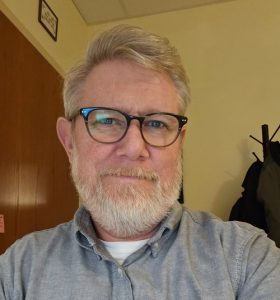
Scott emphasized that he was “fired up to get this program off the ground,” so it has great potential to be one of the newest programs implemented within the community center.
“Being excited or ecstatic does not even begin to describe my thoughts on this!” Carter said, adding that it would be important to equally highlight both “students in Scioto County that would benefit from the program” and SSU education students.
“I felt it necessary to create a program where more than one group of individuals would benefit from its existence,” she said.
Like Carter’s proposed education program, Scott’s grant writing and rhetoric class is an example of experiential learning that happens at SSU. Experiential learning allows students to gain valuable experience working through professional scenarios and environments, which can help them develop a variety of skills, such as problem-solving and teamwork, while also encouraging them to be more intensely engaged with their coursework.
Scott explained that his class has always been well-received, with young generations often expressing a desire to give back to their community and participate in projects that will have an effect on the “real world.” Unfortunately, barriers such as a lack of resources to provide incentives for already busy professors, budgets for new programs and classes and a front-loaded time investment for pre-planning often prevent further opportunities for experiential learning in most universities.
Despite these barriers, Scott highlighted two other faculty members for their work with experiential learning: Sarah Ivers for publishing research with her students and Christy Zempter for her strategic communication class, in which students are currently developing a social media campaign for the SSU College of Arts and Sciences.
Both Carter and Ware noted that Scott was essential to their success and that his positive attitude and constant encouragement helped them to feel secure in the work they were doing for the surrounding community.
Ware said that no matter how difficult the work became, she was constantly motivated because she knew that her work could positively influence the lives of others within the Portsmouth community. As a “hands-on learner,” she explained that the connection she felt with the value of her research also assisted in how much knowledge she retained from the class.
Carter said that she loved working with the board of 14th Street Community Center, and that their kindness only helped her “passion grow for helping the surrounding community.” She explained that “learning how to collaborate with others was the most valuable skill” she learned throughout the course of her project, especially since she will work in education herself in the near future.
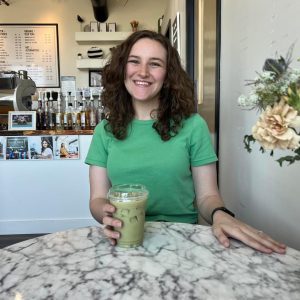
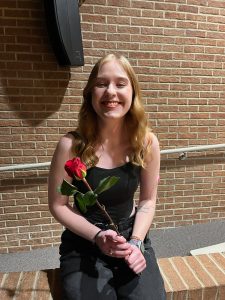
In addition to the academic benefits of experiential learning, both Carter and Ware expressed that they enjoyed grant writing, with Carter describing it as “an absolute blast” that she quickly became “passionately invested in.”
“I am so grateful to Dr. Scott and the friends that I made in the grant writing class,” Ware added. “I am forever grateful for them and this experience.”
Scott explained that experiential learning is important for students preparing to enter the professional world for a variety of reasons. He noted that some students are drawn to the potential for résumé-building and letters of recommendation, but students are often most invested when their projects delve into the realm of service learning.
“Giving back is the right thing to do,” Scott said, adding that it is always important to “keep paying it forward.”
